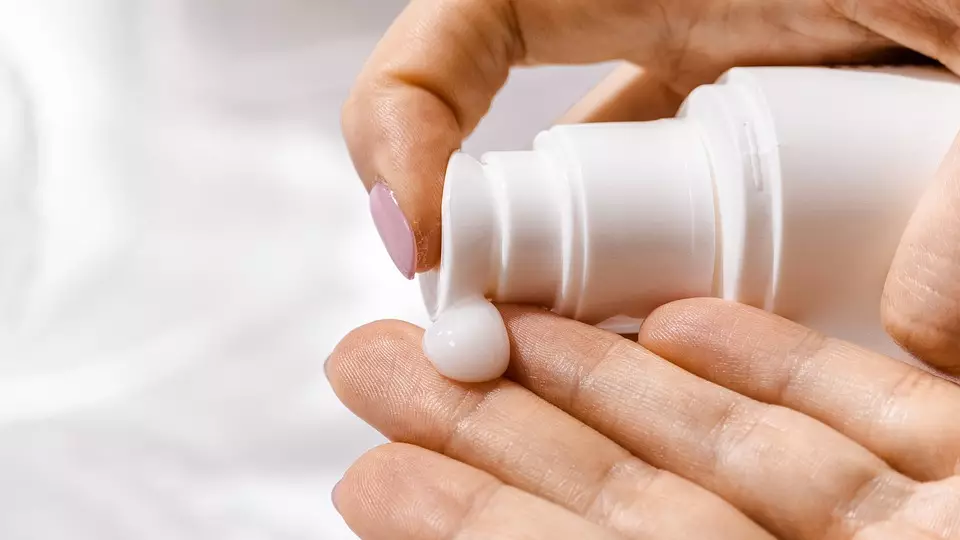
Anyone else's skin flaring up during lockdown?
From lifestyle changes to heightened stress levels, quarantine can take its toll on our complexions.
Advert
People with eczema are just one group that may have noticed a change in their skin.
Eczema is a medical condition and comes in a variety of forms. Atopic eczema (atopic dermatitis) is the most common type, causing skin to become dry, itchy, cracked and sore.
Some people with eczema will only experience small areas of dry skin, while others may develop widespread inflamed skin all over the body.
Advert
The inflamed skin can take on a variety of colours, with lighter skin becoming red, and darker skin turning brown, purple or grey.
During lockdown, many eczema sufferers are experiencing worsening symptoms or seeing dormant eczema returning.
"After over a year of not having eczema, it's returned and really bad," says Charlotte Emsley, 25, from London.
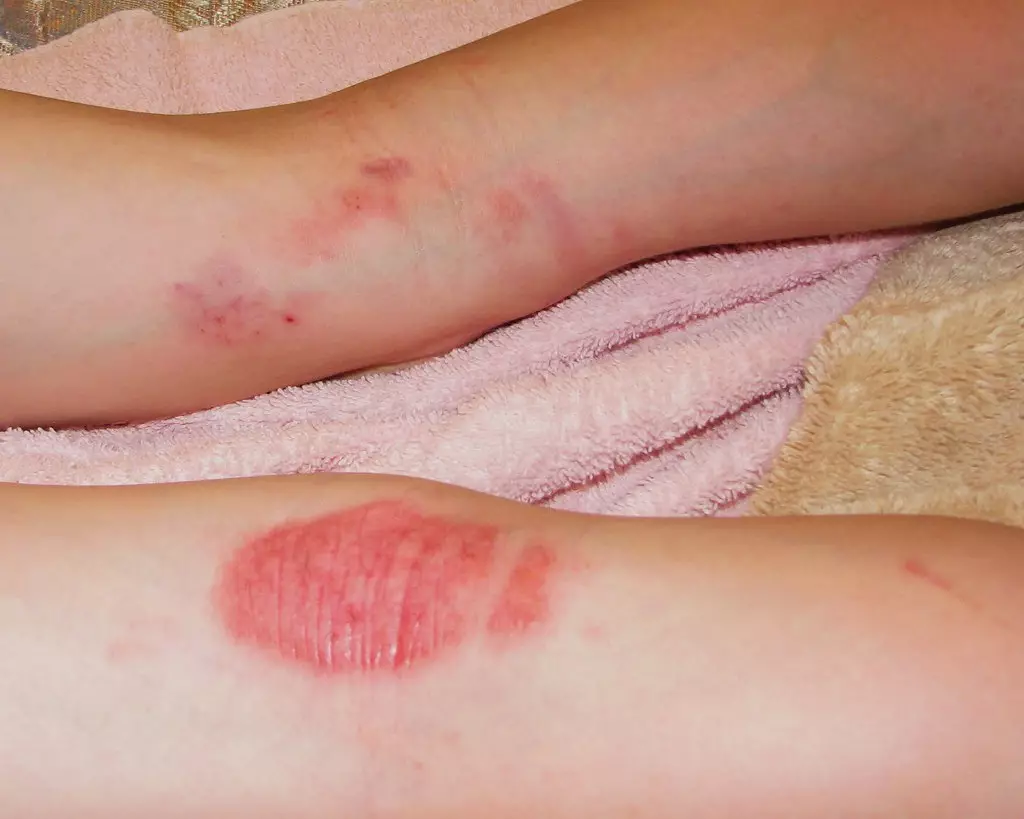
"All the things that would usually help clear it up just don't seem to be working. I'm having to sleep in leggings and tight tops so I can't scratch. I'm trying hard not to stress about it because I don't want to make it worse."
Advert
Rachel Andrews, 25, is having a similar experience. "My eczema seems to worse than ever during lockdown," she says.
"I usually get flare ups from stress or perfumes but I can't work out what's triggering it at the moment. It's really bad on my inner arms and back of my knees but also on my hands, wrists and fingers (which has never happened before!).
"I've been using my steroid creams which usually clear it up but it's back again the next day."
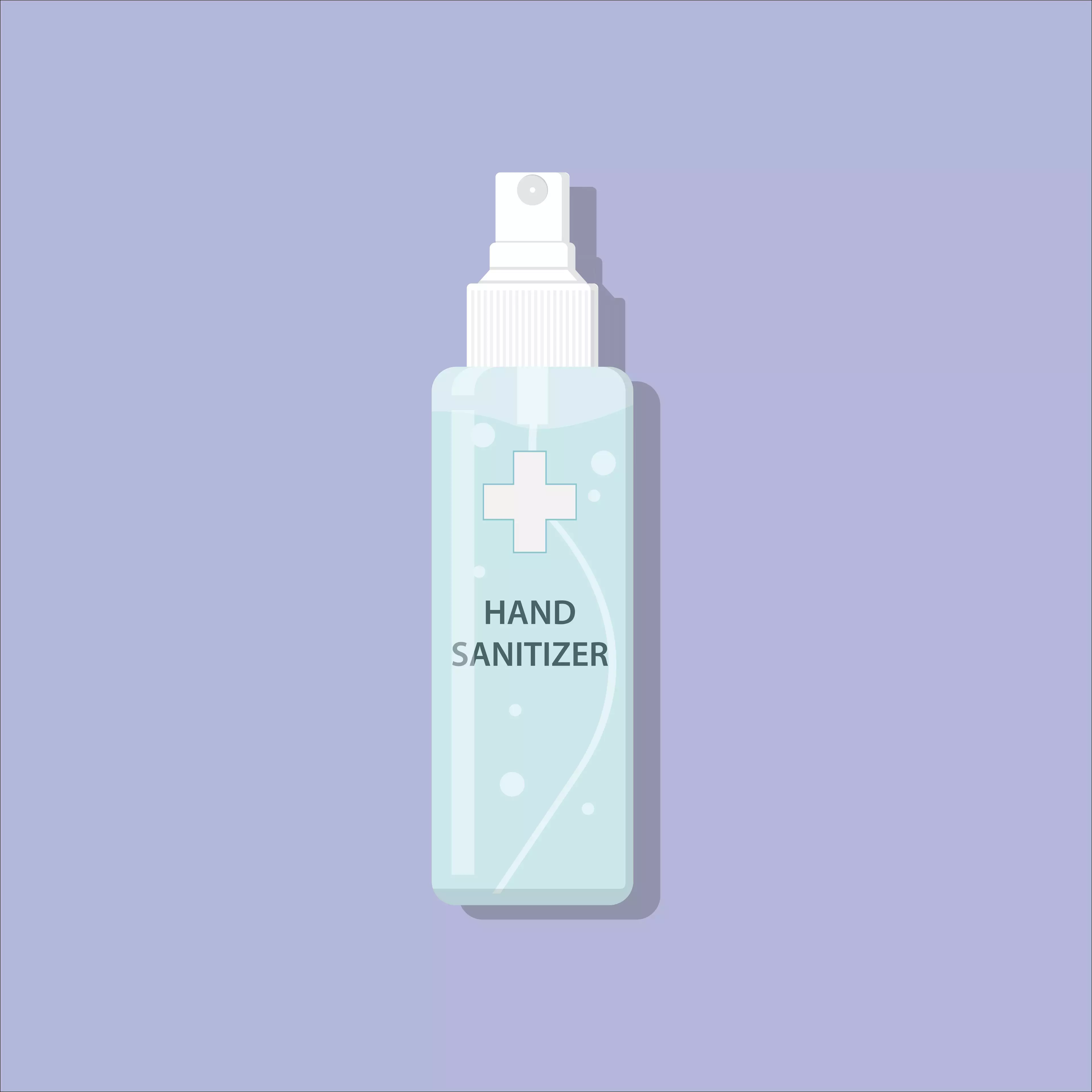
So, what's the relationship between lockdown and worsening eczema?
Advert
Tyla enlisted the help of Dr. Raj Thethi, Aesthetic Doctor at Skin Radiance Clinics, Leeds, to discuss why eczema may escalate during lockdown and what at-home solutions to try.
What is eczema and what causes the condition?
Dr. Thethi stresses that eczema is "a medical condition that tends to wax and wane throughout a person's lifetime".
"For many people, eczema comes and goes," he says. "Others may suffer with chronic eczema.
Advert
"Eczema is an auto immune condition. The exact cause is unknown but the condition has a genetic element, meaning that it tends to run in families."
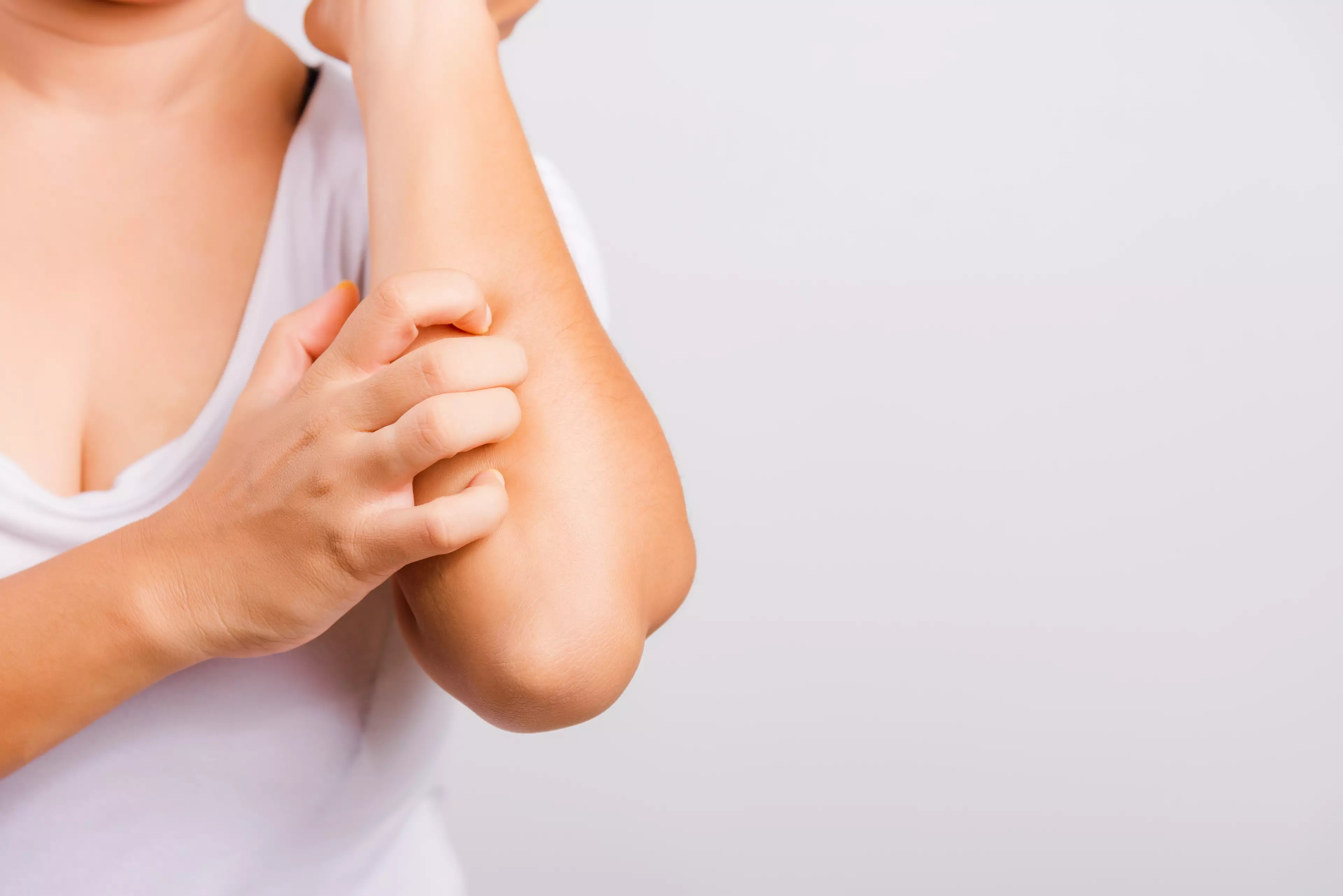
Eczema also tends to correlate with two other conditions, hay fever and asthma.
"If you have one of the trio, then the likelihood of having another increases," explains Dr. Thethi. "If you have two of the conditions, then the likelihood of having the third substantially increases."
Atopic eczema is more common in children but may also develop for the first time in adults.
Dr Thethi comments that the condition has "higher prevalence in black and ethnic minority groups".
"We also know that children brought up in inner city areas are more likely to have eczema than those raised in the countryside," he adds.
Why is my eczema worse during lockdown?
According to Dr Thethi, the psychological impact of lockdown is a major factor.
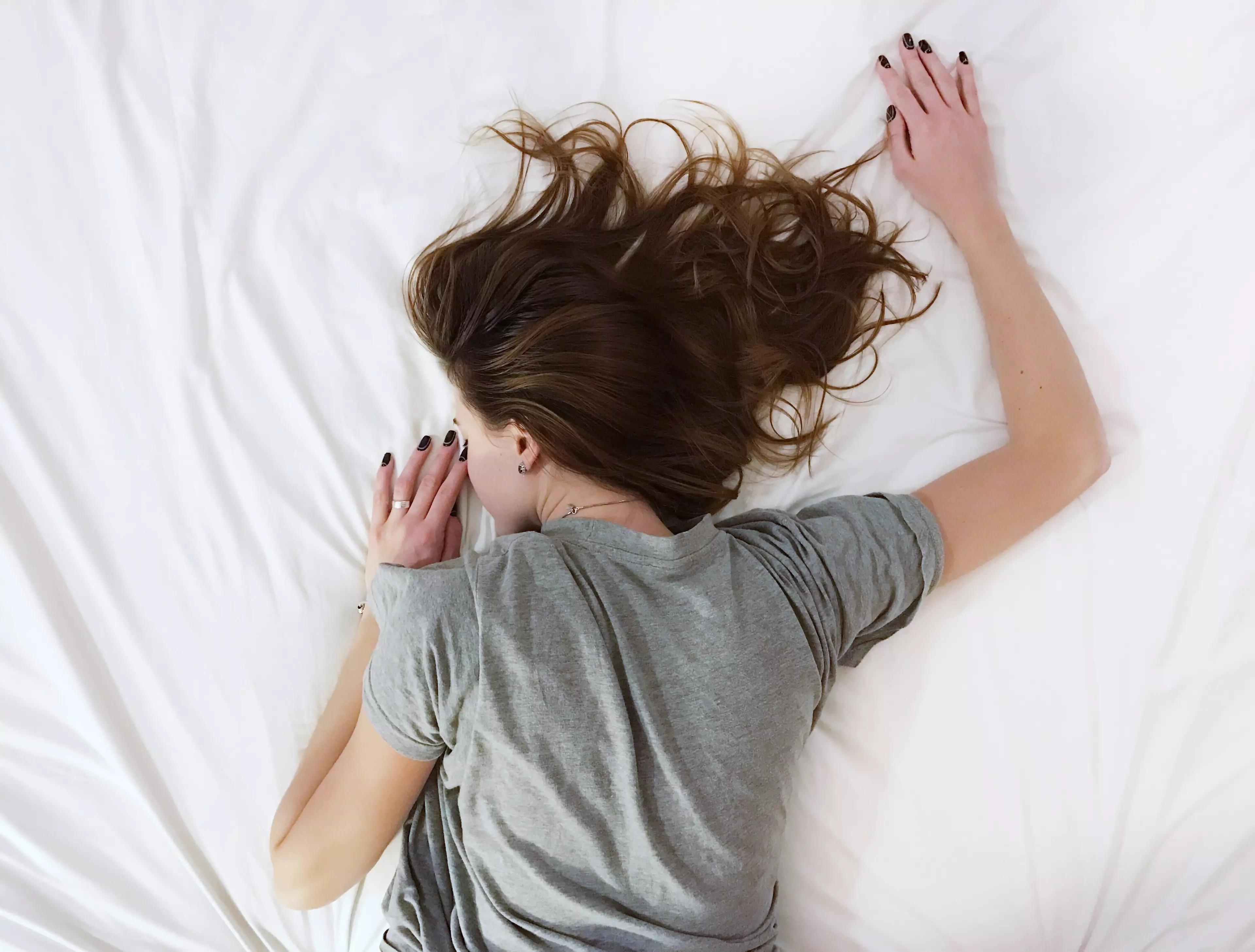
"The psychophysiological element is important here," he says. "By psychophysiological, I mean a combining of mental and bodily processes.
"I myself suffer with eczema, on my hand and face. It was in control until fairly recently but returned during lockdown.
"In lockdown, many of us are in a hyper-anxious state. In some people, that might explain or be a triggering factor for conditions that have previously laid dormant."
There are also more obvious physical aspects to consider.
"The need to continually wash our hands during the pandemic is a big factor in reactivating dormant eczema," says Dr. Thethi.
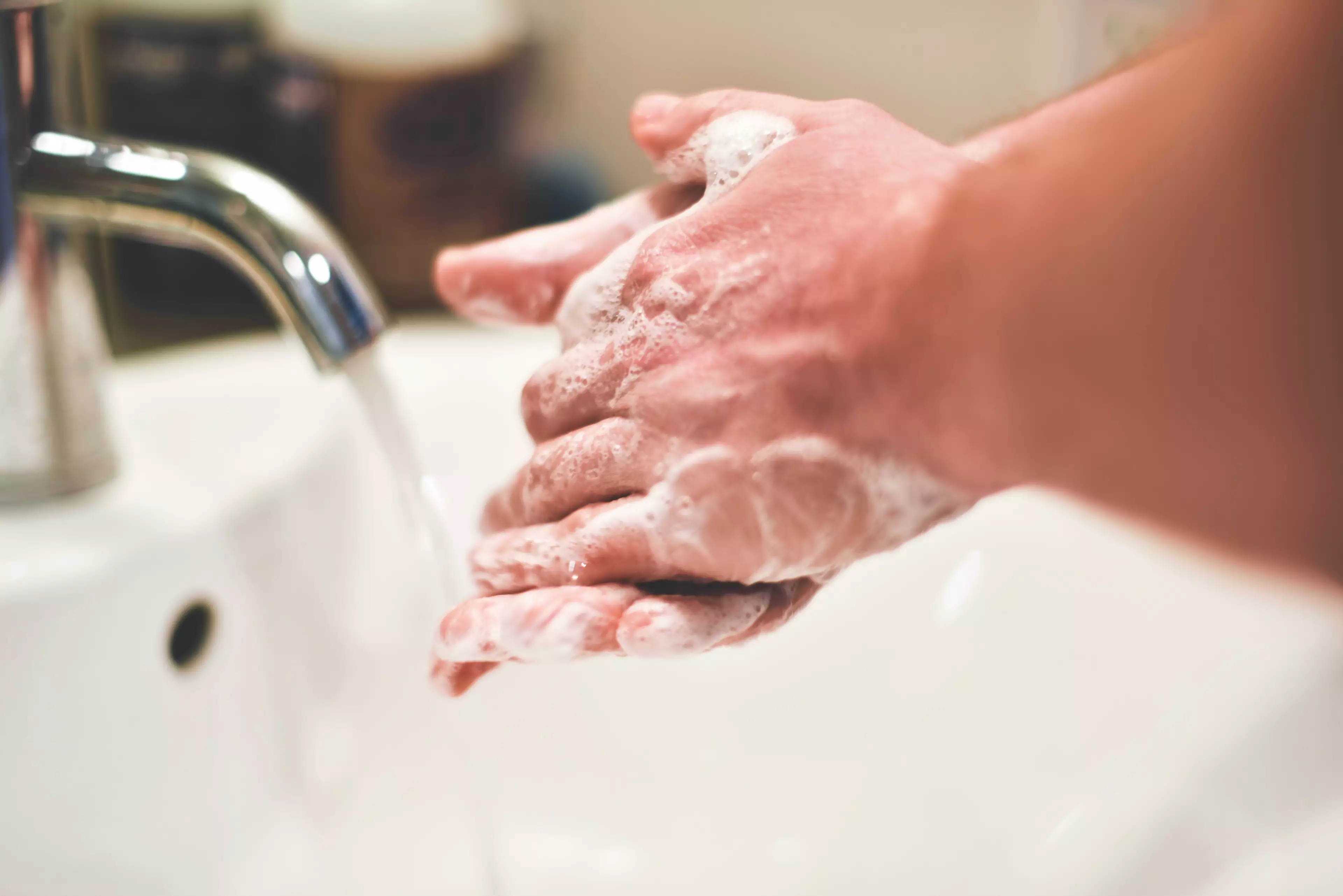
"Over-washing with soap strips the skin of its natural barriers and oils, leaving it prone to dormant eczema becoming active."
He continues: "When we break down the skin's natural barrier by over-washing, we lose more water through the outer layers of the skin. This causes dryness and cracking, as well as a possible risk of infection."
The same logic applies to the repeated use of alcohol gels, which are harsh on the skin and strip away natural oils.
Increased use of detergents and household cleaning products could also be a contributing factor. Using Dettol and harsh chemical products can, Dr. Thethi says, "be damaging to the skin's normal biology".
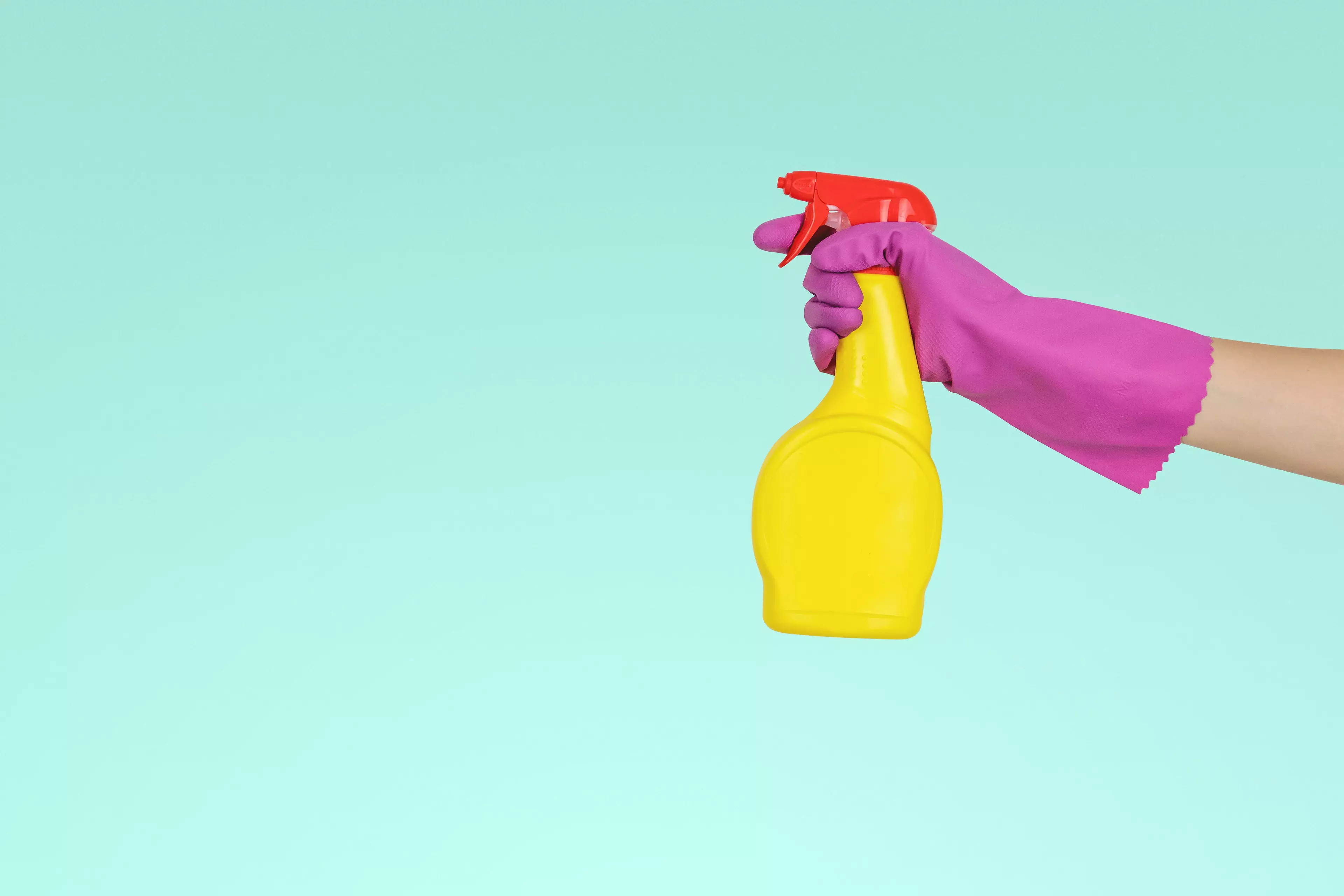
Dr. Thethi's tips for treating eczema during lockdown
- It may sound obvious, but it's important to recognise the flare up in the first place and be vigilant of any changes, as eczema can escalate quickly.
- Use milder soaps rather than ones that are more astringent.
- Always wear a pair of rubber gloves to wash up or for cleaning household surfaces.
- Make sure you're using a nourishing moisturiser. Avoid perfumed products and opt for a natural oil instead - coconut oil and olive oil are great. You can wear cotton gloves over your hands to help it absorb and to save your bedsheets from getting oily.

- In general, try to wear natural fabrics like cotton which won't irritate the skin.
- If you're struggling to get your eczema under control at home, you have several options. Generally, I wouldn't advise seeking over-the-counter products, as they won't be bespoke. You can contact your GP, who will still be issuing remote prescriptions and may want to do a video consultation with you. Some eczema sufferers may need to be prescribed steroids, which needs close monitoring.
- You can also seek a medical aesthetic skin clinic and get medical-grade skincare. Right now, I'm doing skin consultations by Zoom and then sending out creams to my patients.
- One medical grade skincare product I would recommend is Hydrating Crème made by ZO Skin Health, which is a National Eczema Association accepted product.